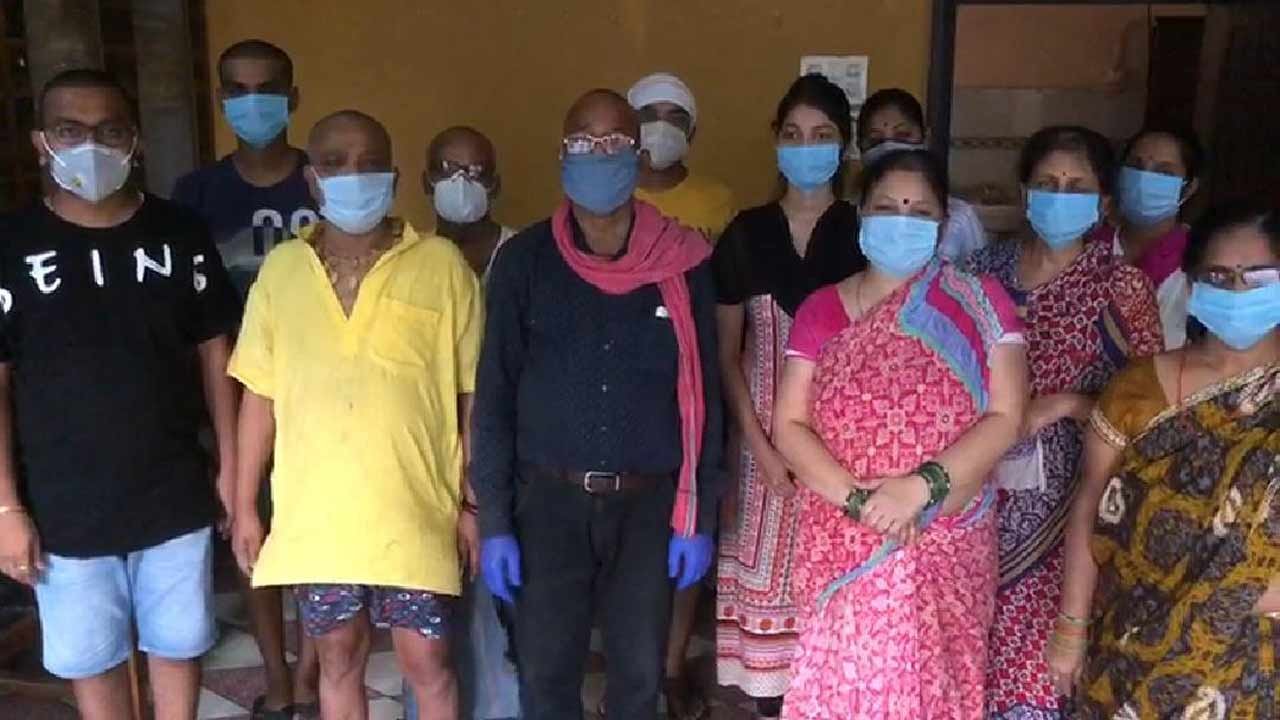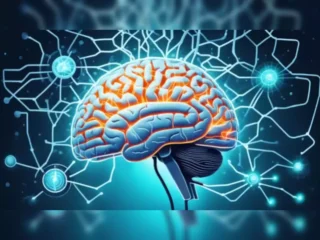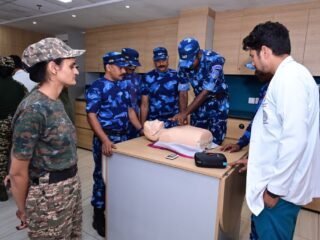“My family is going through a very tough time. We are not just struggling with the death of a beloved family member to COVID-19 but also handling stress and psychological pressure caused by the rumours being spread.
I lost my uncle, Dileep Kumar Sahu, on July 21. He was tested positive for coronavirus a few days before that. Ever since he was admitted to hospital with symptoms of COVID-19, people started spreading all sorts of rumours. As we have a popular sweet shop in Prayagraj (Green Sweet House), people tend to spread rumours.
Some people started spreading rumours that the entire family is coronavirus positive. This is because we were taking a precautionary measure of home quarantine. They must understand that home quarantine is a precautionary measure and that doesn’t mean we are infected. And even if we are, does that we should be ostracised for it.
I have an eight-month-old baby and because of this entire situation, we find it difficult to arrange all the necessary things for him.
No one is willing to help us as they fear that they will also get infected with the virus. This is my humble request on behalf of all 13 family members that if you can’t support us, at least don’t add to our trouble by spreading rumours.”
This is the story of Aditya Sahu, a resident of Prayagraj. He shared his ordeal with HealthWire. Ironically, this is not an isolated incident as there are various families who are facing such a problem after one of their family members were tested positive for COVDI-19. This stigma associated with the coronavirus appears to be more dangerous than the virus itself.
Earlier, Vice President, M. Venkaiah Naidu had expressed his anguish over instances of stigmatizing COVID-19 patients and denial of dignified farewell to people, who succumbed to the virus.
In a Facebook post, Shri Naidu had said “The need of the hour is to fight prejudice and nip it in the bud. Otherwise, it can become more toxic than fake news and misinformation”. Urging everybody to treat COVID-19 patients with understanding and empathy, he said “It should be remembered that nobody is totally safe and the invisible virus can infect anybody”.
Not only patients, doctors are facing similar problems. There are many reports of doctors being asked to vacate their premises, health workers being denied basic civic rights and local administrations and ‘welfare’ associations taking arbitrary steps to keep those who ironically keep them safe – out.








